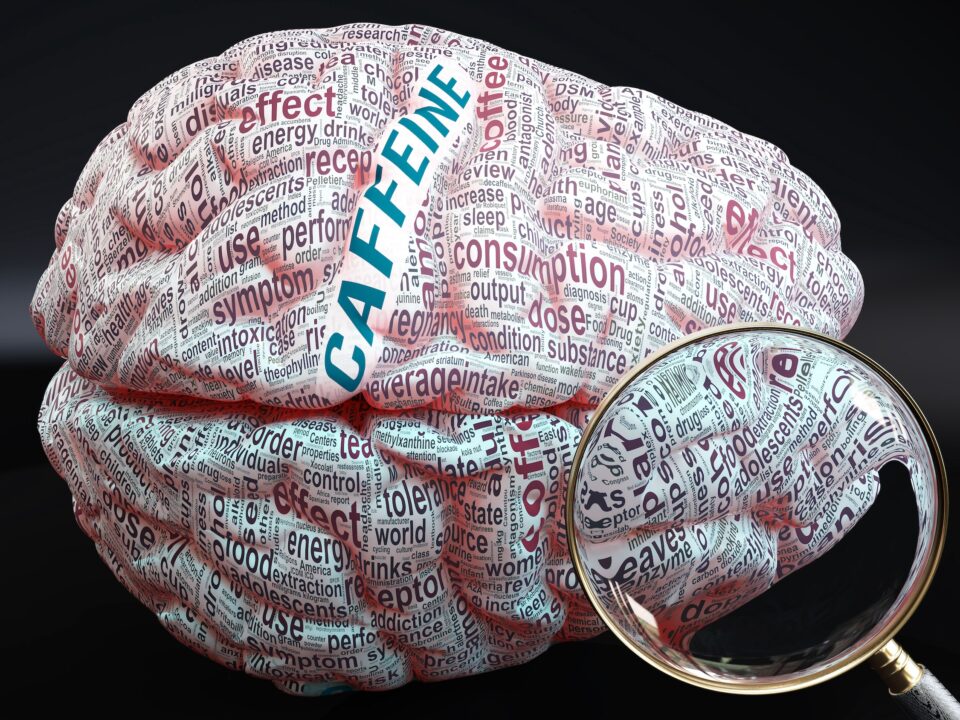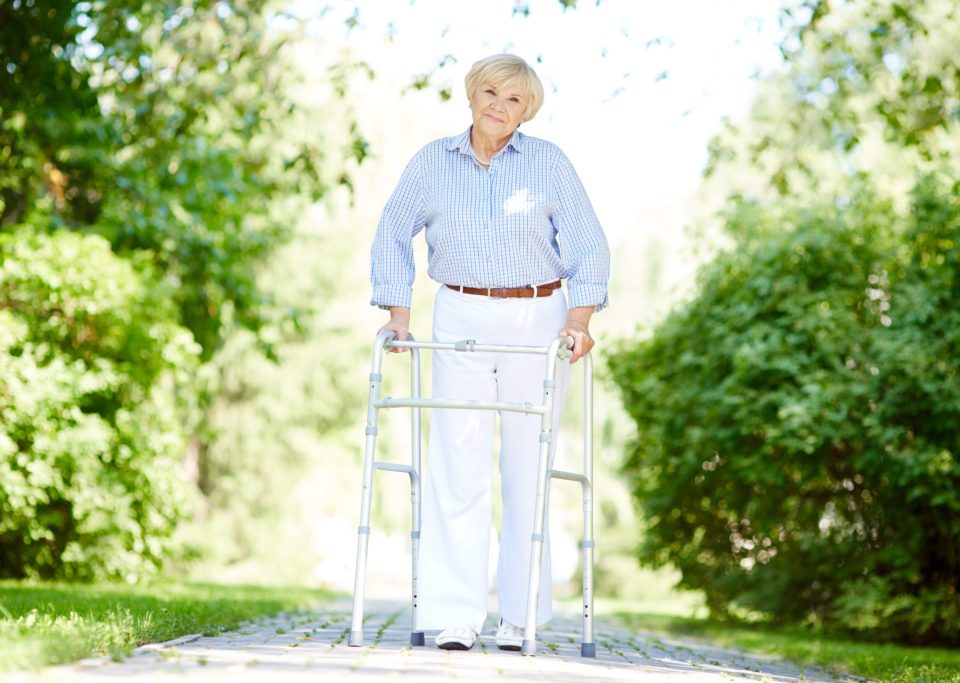Constipation and Parkinson’s
Constipation is the infrequent passage of hard, dry bowel motions which are difficult to pass.
It is a common problem in Parkinson’s and can also predate the Parkinson’s diagnosis. Most importantly, constipation can reduce the quality of life for people living with Parkinson’s.
Constipation is problematic in Parkinson’s due to slow movement of the muscles of the gastro-intestinal tract.
The autonomic nervous system is a complex network of cells that controls the body’s internal state. It regulates and supports many different internal processes, often outside of a person’s conscious awareness – and it is responsible for the function of smooth muscle in the gastro-intestinal tract.
Constipation occurs due to slowness of the muscles of the bowel moving the food products from the stomach, along with the small bowel to the large bowel and onto excretion.
Research shows that Parkinson’s can affect the nerves that line the gastrointestinal tract. At the same time, brain changes that cause stiffness and slowness also affect the muscles in this tract.
That is why swallowing and the passage of food along the gastrointestinal tract is slowed down. The slower the transit time, the more water is absorbed from the waste products and the harder the stools become – and the more difficult they are to pass.
There are several reasons why constipation is problematic for a person living with Parkinson’s:
- Medication: Slow gastric emptying makes it more difficult for the medication to get to the top of the small intestine where it is best absorbed.
Many of the medications which are used to treat Parkinson’s can also cause constipation. Antacids used in treating gastric reflux can also increase the risk of constipation.
- Diet: Swallowing issues and chewing problems may make it difficult to ensure that a healthy diet is maintained
Measures you can take to manage constipation include:
- Hydration: It is essential to maintain a good fluid intake to maintain bowel health. Many people living with Parkinson’s try to reduce their fluids so that they do not have to rush to the toilet – but this has real impact on the risk of constipation.
- Exercise: It helps to maintain overall health and well being
- Maintaining regular toileting habits: Maintain a good routine and do not avoid the urge to open the bowels.
If constipation is left untreated it can lead to many serious problems including:
- Poor symptom management of Parkinson’s as medications cannot reach the area of the intestine where they are best absorbed
- Nausea and a reduction in appetite and fluid intake, increasing the problem.
- Lethargy and discomfort, reducing exercise and again increasing the problem
- Bladder involvement as the constipated bowel can place pressure on the bladder causing urinary incontinence. It can also prevent complete bladder emptying and this raises the risk of the development of a urinary tract infection.
- Bowel obstruction is the worst-case scenario. A bowel obstruction is a medical emergency and must be treated as such or it could prove fatal.
Here are four steps to preventing and managing constipation:
- Eat Well – A healthy diet rich in dietary fibre can be attained by eating fruit, vegetables, grains, legumes, nuts, and seeds.
- Drink sufficient fluids – Drink 1.5 – 2 litres daily. The best fluid is water. It is best to limit your intake of alcohol, energy drinks, tea, coffee, and fizzy drinks (they are high in caffeine and act as bladder irritants).
- Exercise regularly – Exercise for 30 minutes per day as it plays a significant role in managing constipation. Varied exercise is best, but walking is great.
- Practice good toileting habits – Go to the toilet as soon as you feel the urge as this is the most effective time to empty the bowel. Sit on the toilet with your elbows on knees, leaning forward and supporting your feet. Relax your tummy, breathe naturally, and draw up your anal muscles when your bowel action is complete.
Laxatives help to soften the stools, making them easier to pass. They are not the first step in managing constipation but are very important – particularly for people with living with Parkinson’s for whom constipation can be very problematic.
Coloxyl, Movicol, Senekot, and Agarol are useful laxatives and can be used on a regular basis to manage constipation. Warm drinks in the morning and prune juice can also aid in the management of constipation.
While constipation is common in people living with Parkinson’s it should be never be ignored or dismissed as a trivial problem. Good bowel management is necessary for quality of life and needs to be well managed every single day.
Bladder control in Parkinson’s
Unlike bowel dysfunction (e.g., constipation), which may occur before Parkinson’s movement symptoms, urinary dysfunction is not typically a problem until the later stages of the disease.
The most common ways that Parkinson’s can affect bladder control are:
- Urgency – having little warning that you need to pass urine (wee)
- Frequency – having the desire to pass urine often, and usually only passing a small amount at a time
- Retention – not being able to completely empty the bladder
- Nocturia – waking more than once during main sleep time to pass urine.
Why do urgency and frequency occur?
Bladder difficulties in Parkinson’s are related to changes in the level of dopamine affecting the function of the bladder muscle. Parkinson’s is also thought to affect the nerve pathway between the bladder and the part of the brain controlling bladder function. Some of the symptoms that affect bladder control are related to the level of dopamine in your body which will rise and fall depending on your medication level.
Other conditions such as weak pelvic floor muscles or an enlarged prostate will contribute to bladder symptoms. Constipation can also worsen bladder symptoms by putting pressure on the bladder.
What you can do to help
- Discuss bladder problems with your family doctor or neurologist, who may perform some tests to rule out urinary tract infection or other problems.
- Speak with your family doctor or neurologist about a referral to a urologist (a doctor who specialises in bladder function). The urologist will be able to look into any bladder symptoms and provide treatment plans.
- Be aware that bladder difficulties can be a sign of “wearing off”. Wearing off is where some of the symptoms of Parkinson’s occur or worsen between doses of medication and are related to the level of medication becoming too low. Taking your medication on time every time helps reduce fluctuations and that will help reduce bladder difficulties.
- Managing constipation and making sure that you have regular bowel movements will also assist in minimising bladder problems.
If you have any questions about continence, call our InfoLine on 1800 644 189.
Related resources:
Constipation and bladder and bowel control









